
Global, Challenging, Inspiring – Students Share Their MSc in Financial Engineering Programme Experience
Graduate Studies Blog

MSC FINANCIAL ENGINEERING
Global, Challenging, Inspiring – Students Share Their MSc in Financial Engineering Programme Experience
The Master of Science in Financial Engineering (MFE) programme by Nanyang Business School (NBS), Nanyang Technological University Singapore, is a highly rigorous one-year journey that develops professionals to succeed in – and stay ahead of – the quantitative finance world.
Candidates gain both theoretical and practical knowledge from industry experts in areas such as risk management, product structuring, and quantitative trading.
Hear from students in the programme as they describe the curriculum, share their thoughts on revisiting university life, and more.
“A truly global programme set in an excellent campus.”
Shidong Shao, China
Shidong witnessed how the industry is increasingly in need of professionals who possess mathematical and computer science skills. Since undergraduate days, he has been interested in combining his financial knowledge with other related fields. Shidong found the perfect place to do so in the MFE programme, which he believes brings cutting-edge know-how in financial engineering to the table.
“I like the seminar-style classes in the MFE programme, where I can connect with the professors who have excellent teaching abilities and are so friendly. Whenever we have questions or when we face challenges, we feel comfortable approaching them.
This programme offers ample opportunities for me to improve my teamwork and communication skills, giving me the opportunity to make friends from all over the world. Every classmate is outstanding in his or her unique way. There is just so much to learn from them, especially learning about their diverse cultural backgrounds.
One of the highlights of the MFE programme is the mini-term conducted at Carnegie Mellon University (CMU). We know how strong CMU’s computer and engineering programmes are. Being able to learn first-hand from CMU is an experience that I will always treasure.
The NBS campus facilities are conducive for learning. It is easy to find a nice, quiet spot with air-conditioning for studying. The library is well-equipped with both online as well as offline resources. There is also the beautiful The Hive building, which has many seminar rooms where you can hold discussions and give presentations. What’s more, the free campus bus takes you right to the train station, which leads you seamlessly to malls and other amenities. Finally, if you are intending to serve internships during the programme, it is totally possible because the weekday courses are all held at night.”
“Being a student again is challenging yet rewarding.”
Pongchaloem Phuwit (Pao), Thailand
Pao’s background is in trading and investments, where he has 2 years of experience in technical and fundamental analysis. Through the MFE programme, he hopes to upskill by exploring quantitative analysis and programming.
“The MFE programme is rigorous. Imagine tackling 24 courses within a year! It is also perfect for those who are interested in the fields of mathematics, finance, and programming.
I have not been in a school setting for several years. At first, adjusting to student life again was challenging, especially grasping math-related subjects. I had to spend a bit more time on them to strengthen my foundation. I also had to change my mindset and remind myself that, as a student now, I must learn as much as I can.
My favourite courses are Programming Web Applications in Finance and Equity Portfolio Management. In the former, we learned to build real-world online applications and studied FinTech trends like bitcoin, cryptocurrency, and blockchain technology. Through the latter, I gained a solid understanding of asset pricing theories and derivative products, among others.
The programme has turned out to be very fulfilling for me; I feel like I have made the most of one short year by gaining so many new skills!”
“The MFE courses are truly inspiring and useful.”
Shen Zheyuan, China
Zheyuan embarked on the MFE programme to complement his finance background with mathematical and computer science skills. Apart from integrating his knowledge in these fields, he wanted to understand the financial market from a quantitative perspective.
“Two MFE courses left a deep impression on me. In Programming Web Applications in Finance, Prof Yang Ye totally changed my views on the programming language, R. He introduced it using a very thorough structure, presenting visualisations that increased my understanding of the topic. He also discussed emerging topics like hashing in blockchain. After the course, R became part of my life, and I used it in a recent project on financial time series analysis.
Stochastic Modelling in Asset Pricing was another favourite course for me. The name of the course may sound scary but Prof Robert Kimmel made the subject so digestible. If you send him questions through email, you were likely to receive a two-page reply! He is extremely generous and detailed in his explanations.
In the seven-week CMU mini-term, I was able to strengthen my abilities in strategic implementation and product design. Meanwhile, industry experts in the MFE programme offered advice that helped to broaden my perspective about the various possibilities in financial engineering.
Lastly, I am thankful for the services of the Graduate Studies Career Development Office, which provided me the opportunity to apply for an internship with GIC.”

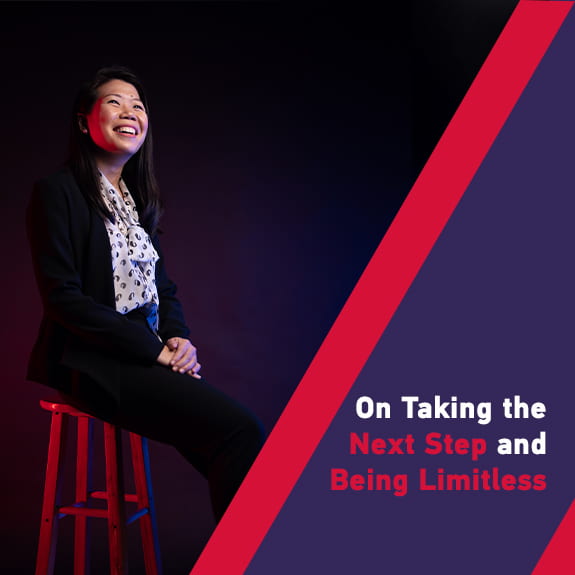





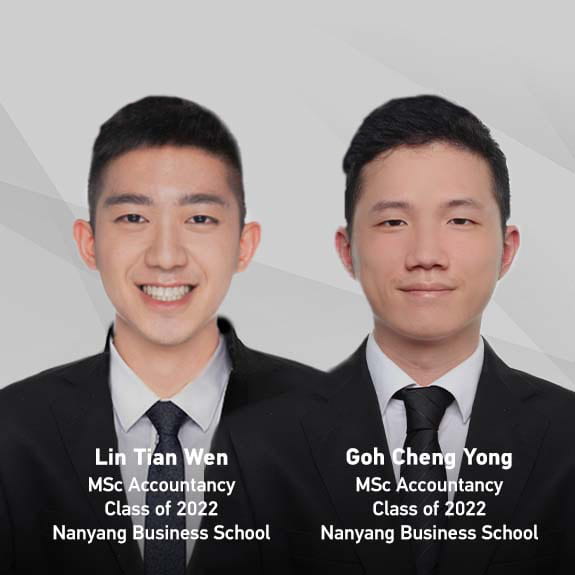










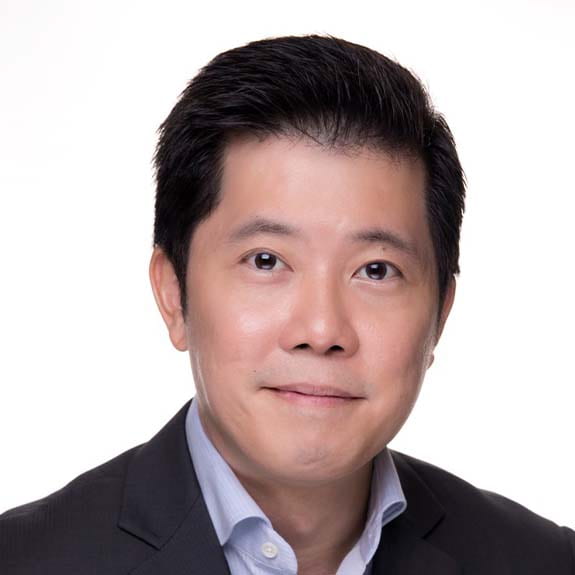




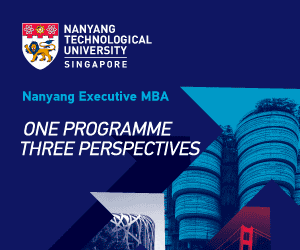

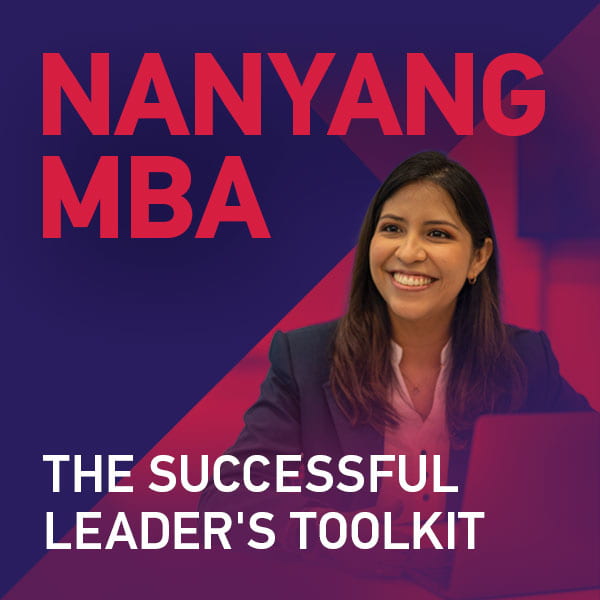






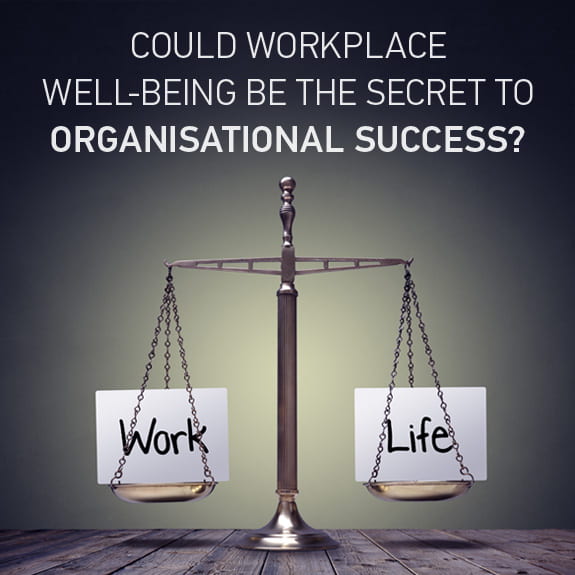





You must be logged in to post a comment.